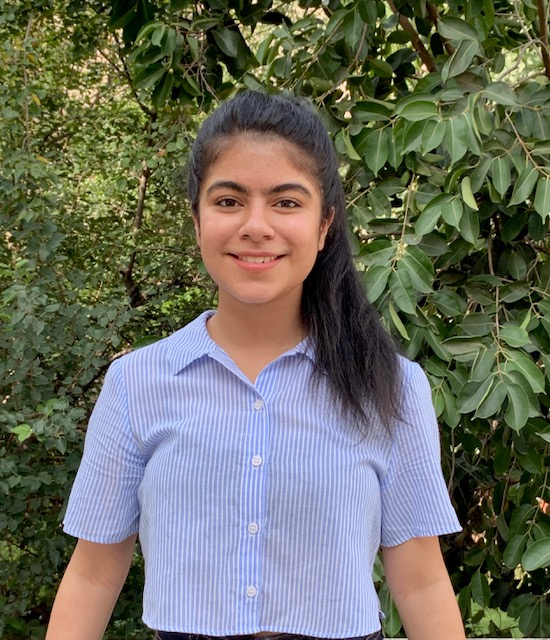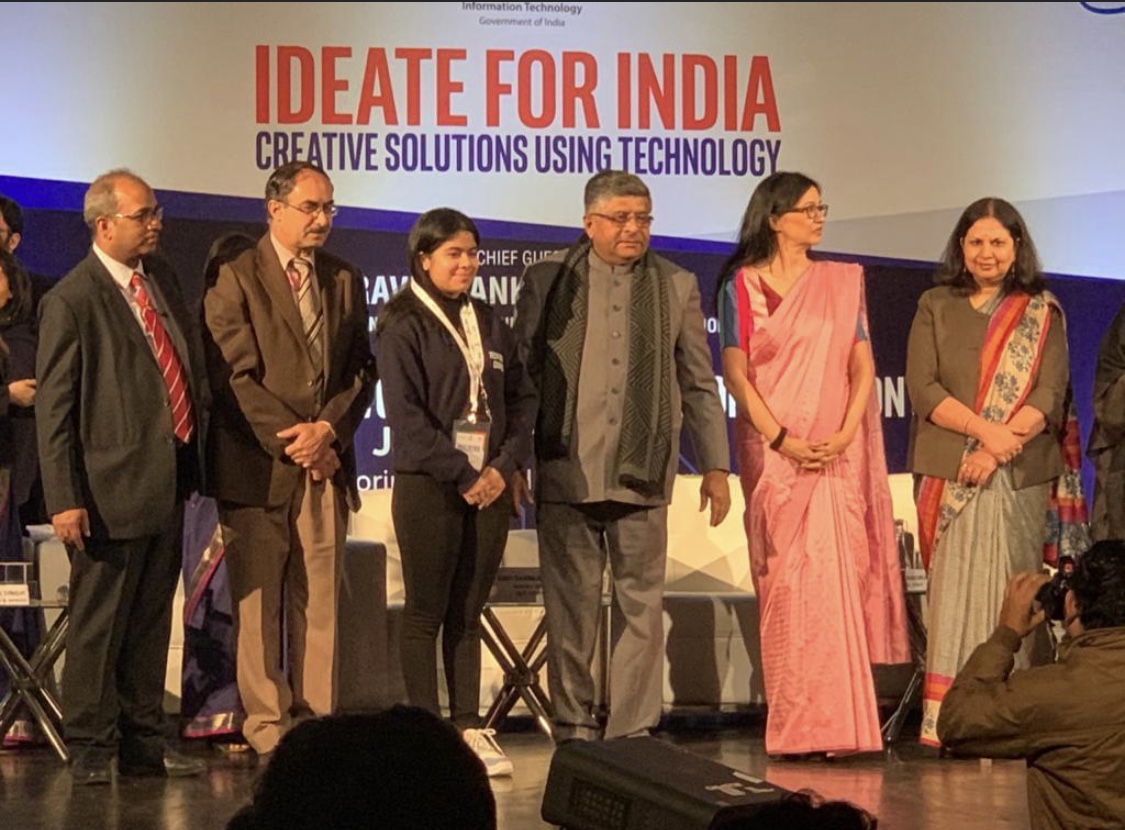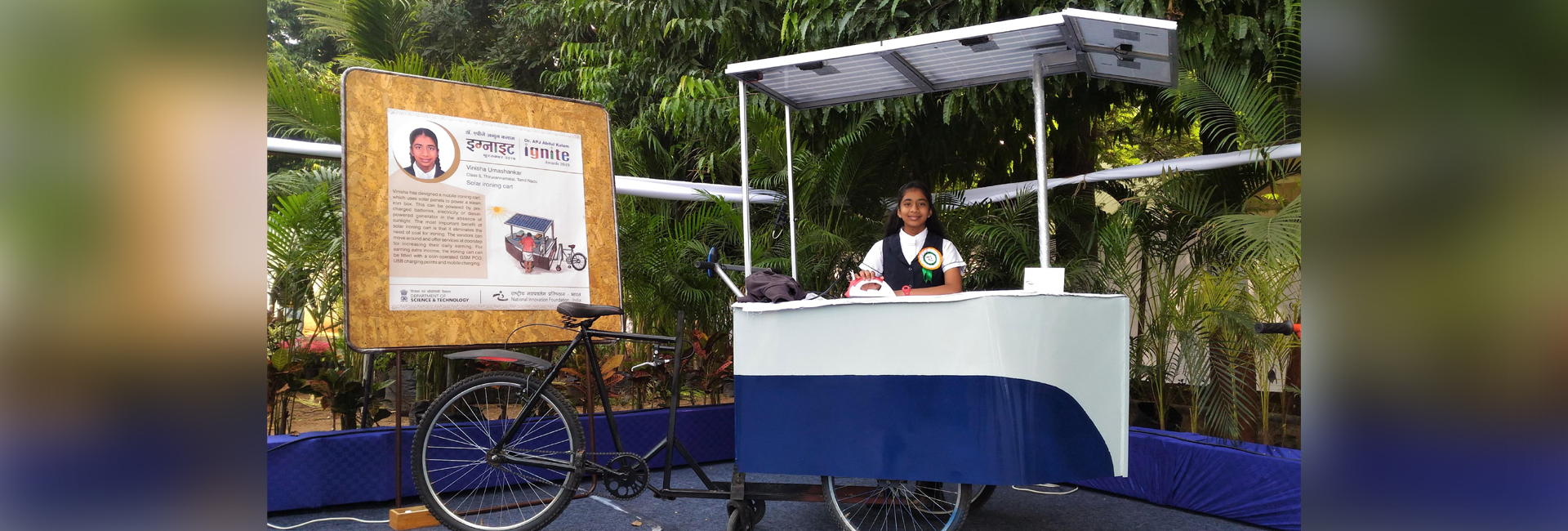
Seher Taneja
Personal tragedy led to a mission
Born to a paediatrician father and an anaesthesiologist mother, Seher comes from a family of doctors. However, the tragedy that struck home led her on a mission to create awareness on organ donation. “I knew I needed to be well-read and well-versed on the topic, I couldn’t misstate facts. That’s when I came across a program by Dr Smita Mishra,” reveals Seher who calls Mishra her mentor as she helped her understand the myths and the statistics around organ donation. “I started with high school students between 9th and 12 grade. But by 2019, I wanted to create a ripple effect, that’s when I came up with a proper plan to reach out to different schools in Delhi,” says the changemaker, who began building a team with an army of volunteers. Covid-19 took Abhigyata online to a larger audience in 2020. “Our first webinar had Vasanthi Ramesh, the director of NOTTO (National Organ and Tissue Transplant Organisation), and Pallavi Kumar of MOHAN (Multi Organ Harvesting Aid Network) as the speakers. The session was aimed at helping youngsters clear their doubts and also to bust myths around organ donation,” says Class 12 student who also collaborated with various NGOs during that time. “With the pandemic taking a toll on mental health, the webinar was a blessing in disguise as it helped me channelise my energy into something productive,” says the teenager who won the Student Leadership Award 2020 by the Indian Academy of Paediatrics.


Seher Taneja
Empowering youth during the pandemic
The initiative led her to win the Diana Award in 2021 along with the Tale of Humankind. Started in 2019 to engage and empower the youth, it has worked on 10 campaigns so far ranging from mental health to climate change to menstruation and gender equality. “We are bridging the gap between where we are and where we want to be, with the help and guidance of experts from their respective fields. We want to bring a sense of purpose in youngsters with our initiative,” says Seher, who has learnt to be more empathetic in the process. The innovator adds that the years have made her more accountable for her actions toward the planet.
Innovator at heart
The social changemaker is an innovator at heart. A STEM girl, Seher has a handful of innovations to her credit including the mobile toilet – a sensor-based automated technology to improve sanitation in an eco-friendly manner. But it was SWAR – smart gloves that convert sign language into text and voice – that earned her a spot in the Top 20 at the ATL Tinkering Marathon 2019 and was later selected for Atal Incubation Centre’s Student Innovator Program 3.0. Again, SWAR was conceptualised at home where she witnessed her grandfather struggling with hearing loss. “He was retreating into a shell and was uncomfortable making any conversation. To help him, I started researching more on it and found startling facts in 2018. India is home to 18 million people with hearing impairments with only 250 interpreters. Since the majority doesn’t understand sign language, it creates a divide,” explains Seher who wanted to bridge the gap with her prototype. “The sensors on the gloves help convert sign language into text and speech by using a smartphone,” describes the teenager who has filed for the patent.






